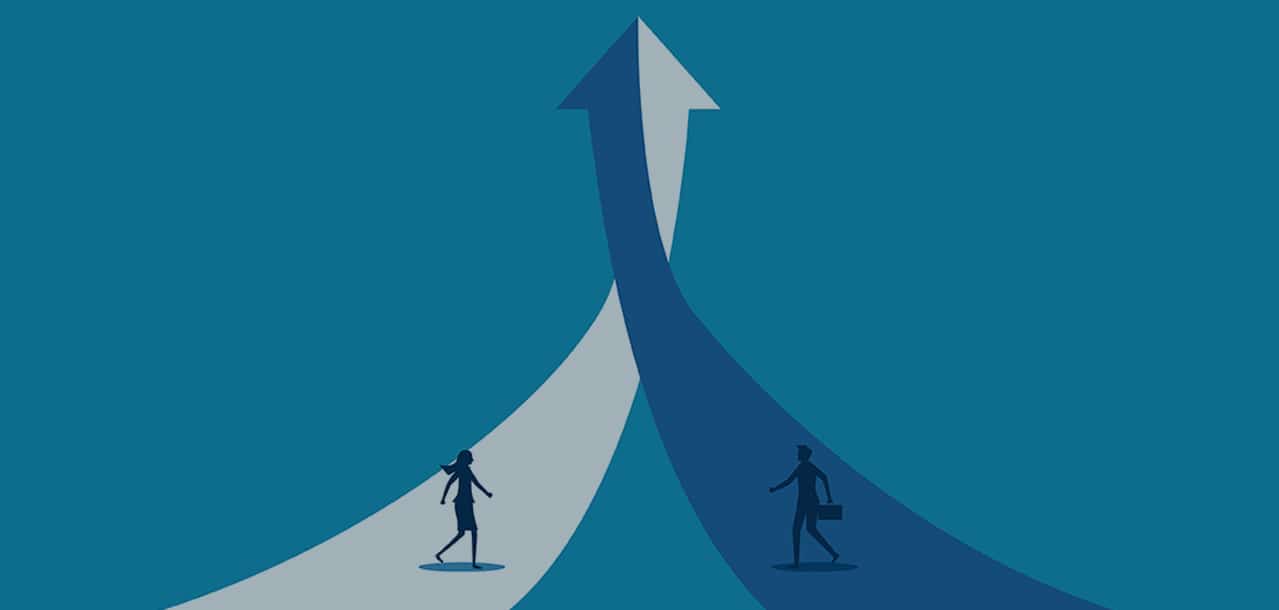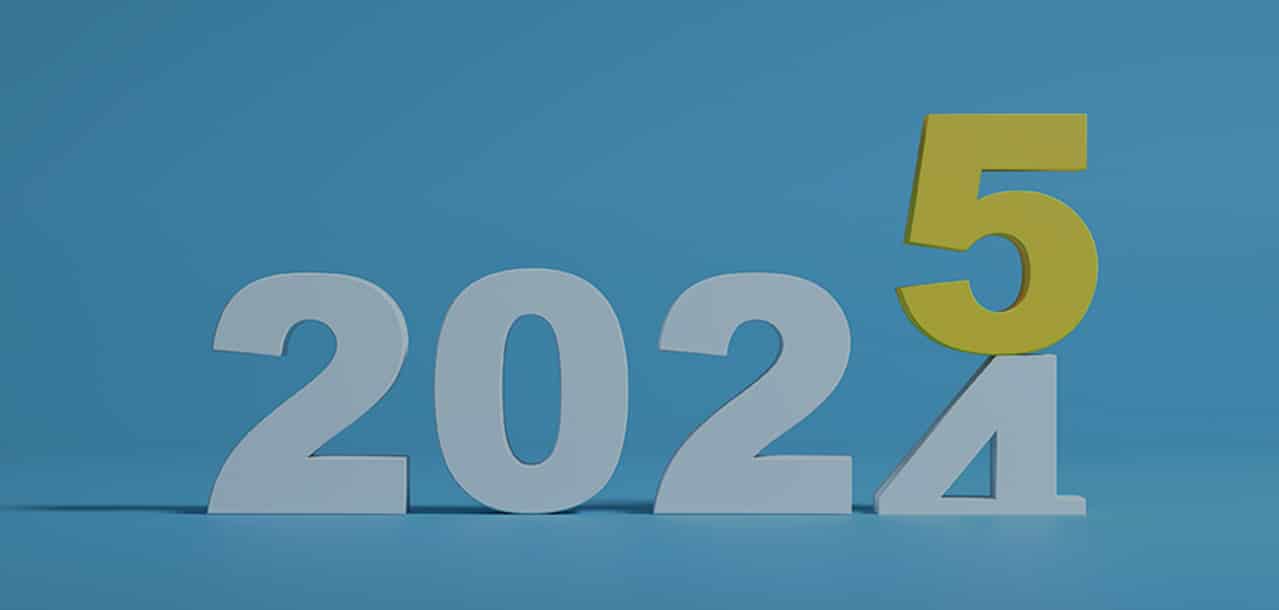Category: How we think

The Untapped Power Within
Humans are extraordinary beings—capable of deep insight, creative problem-solving, and resilience in the face of challenges. Yet, most individuals and teams never fully tap into their true potential. Not because they lack ability but because they unknowingly limit themselves through ingrained beliefs, habitual behaviours, and a failure to recognise their capacity for growth.

Beyond Experience: How Mastery Changes the Way We Think
Experience is something that evolves throughout a person’s lifespan. From entry-level professionals to seasoned experts, the accumulation of knowledge and refinement of skills play a vital role in shaping cognitive abilities and perceptual skills. Experience is not just about time spent in a profession, it’s about the transformation of skills, perception, and cognition. At Steering Point, we help people and teams to excel.

The Psychology of Decision-Making
Every day, we make thousands of decisions — what to wear, what to eat, how to respond to an email, or whether to take a new job offer. While some decisions are automatic and require little thought, others shape our careers, relationships, and long-term well-being. The way we make decisions is influenced by cognitive biases, external pressures, and even the way we process our thoughts. Understanding the psychological mechanisms behind decision-making can help us make better choices, avoid common pitfalls, and gain confidence in our judgements.

Wearable Technology and Human-Driven Performance Enhancement
While wearable technology has revolutionised self-awareness and self-regulation, it remains a tool, not a replacement for human discipline, reflection, and self-mastery. Traditional approaches to self-awareness—such as coaching, journaling, and structured reflection—demand a level of intentionality that technology cannot replicate.

What to do About Childcare?
Addressing the childcare-work dilemma requires a multifaceted approach that combines increased public investment, progressive workplace policies, and cultural change. Increased public investment is critical: governments should allocate more resources to childcare, focusing on making it affordable and accessible for all families.

Pseudoscience: Unravelling the Facade of False Scientific Claims
The distinction between science and pseudoscience is of paramount importance. Science follows a systematic method of inquiry and relies on empirical evidence. Pseudoscience, in contrast, often lacks such rigour. Its proponents may base their beliefs on anecdotal evidence, personal experiences, or untested hypotheses, rendering them unreliable and potentially misleading. The ability to differentiate between these two domains is crucial, as it underscores the need for critical thinking and scepticism when evaluating scientific claims.

Unveiling Rugby’s Uncomfortable Truths: Insights from Sam Peters on Concussions and Cultural Change
Sam Peters, a distinguished investigative journalist, has been instrumental in bringing the hidden dangers of concussions in sports, particularly rugby union, to the forefront of public consciousness. His relentless pursuit of truth has ignited essential conversations about player safety and challenged deeply ingrained cultural norms within the sport. In a recent episode of The 1% Podcast, we delved into the critical issues surrounding concussions in rugby and the urgent need for change.

Breaking the Cycle of Workplace Stress: Practical Tips to Thrive
Stress in the workplace is something we all experience, but it doesn’t have to be the uninvited guest that ruins our productivity and well-being. Let’s dive into why stress can get the best of us at work and explore practical ways to manage it—grounded in psychology and easy-to-apply solutions.

Strategies for a Productive End to the Year
As the back end of November approaches, we find ourselves in a period that often tests the resilience of even the most motivated amongst us. The final stretch of the year can feel like trudging through treacle — fatigue is high, holiday plans and parties are abundant, and the temptation to ease off is hard to resist. It’s easy to slip into autopilot, coasting through until January with the expectation that the fresh calendar will bring a renewed sense of purpose.

Why You Should Read
In a world dominated by rapid advancements in technology and an endless stream of information, reading, for many, is a once-loved pastime that has become difficult to maintain. Yet, as business leaders, entrepreneurs, and professionals increasingly emphasise, reading is not only relevant but crucial for success in today’s competitive business landscape.

Developing a Morning Routine that Works for You
Part and parcel of a CEO’s obligations now is to explain to anyone who will listen just how strict a morning routine they maintain. We’ve all been inundated with increasingly braggadocious tales of early mornings, workouts and ice baths, as if, were it not for such tales, the CEOs in question worry the wider public may start to doubt that their fortunes were quite so meritocratically earned.

What is the Value of a Master’s Degree?
“In a world where the job market is becoming increasingly competitive and specialised, many recent graduates or even current professionals are weighing up whether a master’s degree might help to set them apart. The in-depth knowledge, networking opportunities, and specialisation offered by such degrees are obvious positives. Meanwhile, the prohibitive costs and increased standardisation of further study can beg the question as to whether a master’s degree is really worth the debt that comes with it.”